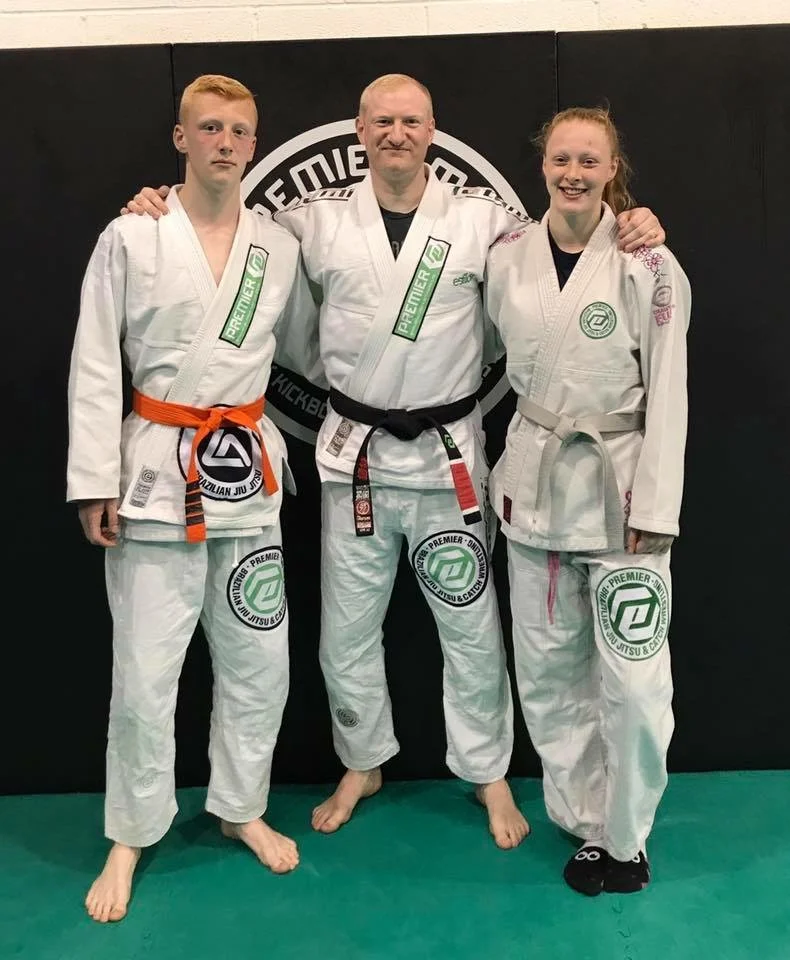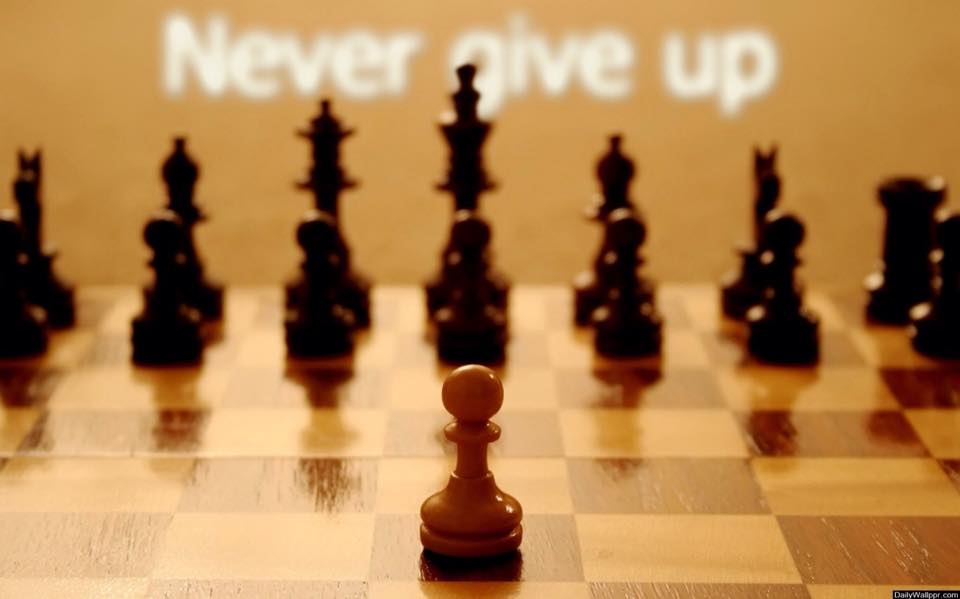It’s frustrating.
You have goals you want to achieve in 2023, but you don’t feel motivated. You don’t feel like getting out of bed. And when you do, it’s straight to the sofa for some mindless TV.
I’ve been there.
On some days, I feel stuck. I don’t want to create; I don’t want to network; I don’t want to contribute. I just want to sit and scroll through social media all day.
However, doing this leads to me feeling more stuck and unmotivated.
To get out of the loop, I use one of Tony Robbins’ most famous concepts, “motion creates emotion.”
What does Tony Robbins mean by emotion is created by motion.These are some strategies I use to get unstuck and prevent me from falling back into the slump.
1. Move
One of the easiest ways to create emotion and get yourself motivated is by doing a physical activity.
Take a walk, do push-ups, join your kids on our online sessions or get our beginner course and learn strep by step in your own time premieronlinedojo.co.uk
Moving your body stimulates your brain to produce endorphins, which help to get and keep you motivated.
And that’s not all!
Walking also helps to boost your creativity and productivity.
You’ll be surprised at how motivated you become after you perform a physical activity.
2. Find an Accountability Partner
The road to success is a lonely and long one. If you decide to walk it alone, chances are you’ll feel less motivated and eventually give up.
However, this shouldn’t be the case.
Rather than trying to achieve success alone, get someone whom you can walk the lonely road with. That someone is an accountability partner.
An accountability partner helps you show up when you need to show up and makes sure you put in all your effort as you work towards achieving your goals.
3. Put on a Soundtrack
What happens to your mood when your favorite song comes on the radio? Even if you were bored, you immediately lighten up and start singing or dancing, right?
It’s because music has a way of improving your mood.
So whenever you feel stuck and unmotivated, switch to a more upbeat playlist. By doing so, you’re more likely to feel motivated and start moving.
4. Organize and Declutter your Environment
(My wife and I did this today with our home office)
Look around you. What does your environment look like?
Is it messy, dark, dusty, and clustered? Are your storage drawers overflowing with unorganised items?
If yes, this could be why you’re feeling stuck.
An unorganized home or office is more likely to make you feel stuck and unmotivated. Part of this is because you require more energy to perform basic tasks. In an unclean environment, you’re more likely to spend time looking for certain items than a more organised one.
Organising your environment can also include moving your furniture around. Rearranging your furniture tricks your brain to think it’s in a new environment, which in turn results in increased motivation.
5. Step Back
One of the most common problems I’ve noticed with some of my Kickboxing & Jiu Jitsu students is that they keep taking the same approach despite repeated failures. Rather than stepping back to see the big picture, they push and try harder to use methods that don’t seem to produce results.
And the result!
They end up feeling stuck.
To avoid such a situation, it’s best to step back and look at things from a fresh perspective.
As Einstein once said, “No problem can be solved from the same level of consciousness that created it.”
Stepping back allows you to look at your problem from an outsider’s perspective, which in turn forces your brain to come up with new solutions; therefore, allowing you to regain your motivation.
6. Reconnect to your Intrinsic Motivation
The reason you’re feeling stuck could be because you’ve forgotten the reason why you’re working so hard. You’ve forgotten your WHY.
In the book, the Compound Effect, Darren Hardy, argues that lack of motivation isn’t the reason why most people give up on their goals. It’s the lack of a strong WHY that leads to people giving up. I’ve had countless conversations with parents at Premier over the years about their kids quitting kickboxing or Jiu Jitsu classes, and I say the same thing..... “remember why you enrolled them in the first place”, if it was for confidence, do they not want their kid to be confident anymore or if it was for self defence, do they not want them to be able to defend themselves anymore?
If you’re feeling stuck, take time to remind yourself of your original intention and overall goal.
Reconnecting to your intrinsic motivation will give you the extra fuel you need to keep working on your goals despite setbacks and roadblocks.
7. Change your Diet
Do you at times feel devoid of the energy to do anything?
It could be your diet.
If you eat unhealthy foods, you’re more likely to feel tired and bloated. You’re less likely to get the motivation to work on your goals after binging on junk food.
However, healthy foods have the opposite effect.
When you eat healthily, you’re more likely to have higher energy levels, be more alert, and are more likely to remain motivated throughout the day.
8. Read an Inspirational Book
I say this often, “readers are leaders”, that quote is actually in our Premier Instructor Training Manual. This is one of my most favorite ways of regaining motivation. Whenever I feel stuck, I look for an inspirational book to read.
Reading inspirational books allows you to reshape your mindset from one of negativity to a more positive one.
Reading inspirational books also allows you to learn new approaches you can use to achieve your goals. Books also help you learn what other individuals did to regain their motivation after falling into a slump.
Other than reading, listen to the book on Audiable.
You don’t have to use all of the above ideas, even applying one into your life will have a drastic impact on your performance.
Remember, motion creates emotion.
So just start.






























